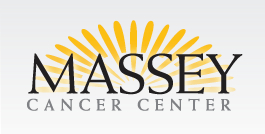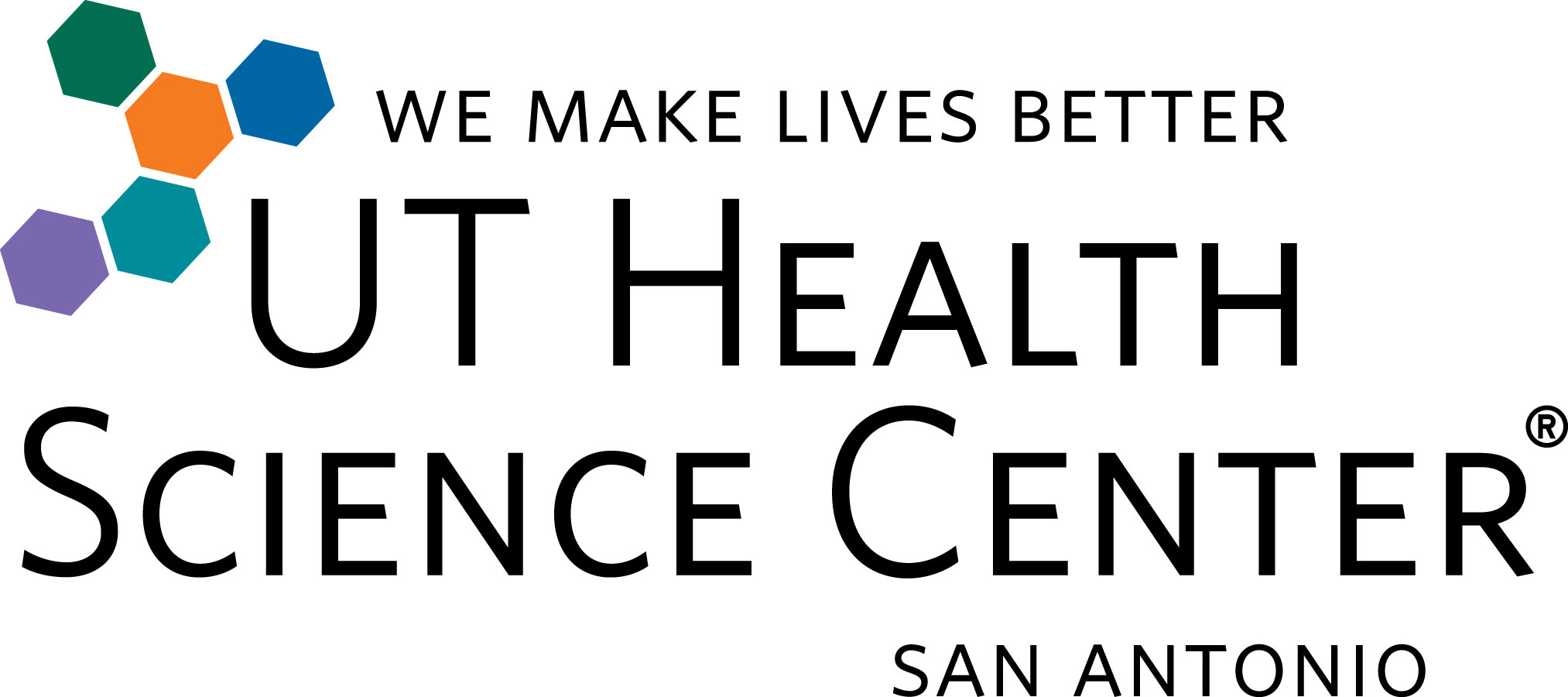Computer Training Program for Younger Patients With a Brain Tumor Who Underwent Radiation Therapy
| Status: | Recruiting |
|---|---|
| Conditions: | Cancer, Cognitive Studies, Cognitive Studies, Other Indications, Brain Cancer, Neurology, Psychiatric |
| Therapuetic Areas: | Neurology, Oncology, Psychiatry / Psychology, Other |
| Healthy: | No |
| Age Range: | 6 - 16 |
| Updated: | 2/24/2019 |
| Start Date: | November 18, 2013 |
Computerized Cognitive Training for Pediatric Brain Tumor Patients: A Pilot Study
This randomized clinical trial studies how well an adaptive computerized cognitive training
program works compared to a non-adaptive computerized cognitive training program in treating
younger patients with brain tumor who underwent radiation therapy. Providing a computer
training program may improve the well-being and quality of life of patients with cognitive
(physical and mental) function difficulties caused by radiation therapy to the brain.
program works compared to a non-adaptive computerized cognitive training program in treating
younger patients with brain tumor who underwent radiation therapy. Providing a computer
training program may improve the well-being and quality of life of patients with cognitive
(physical and mental) function difficulties caused by radiation therapy to the brain.
PRIMARY OBJECTIVES:
I. To assess the feasibility of a home-based, computerized, cognitive training program for
patients with pediatric brain tumors who are undergoing cranial radiation therapy (CRT),
treated in multiple Children Oncology Group (COG) institutions.
EXPLORATORY OBJECTIVES:
I. To estimate the effect size of this program on measures of attention and working memory in
patients with brain tumors treated with CRT in order to design a definitive large-scale
clinical trial.
OUTLINE: Patients are randomized to 1 of 2 arms.
ARM I (intervention): Patients undergo a home-based, computerized, interactive training
program comprising 3-5 sessions of 15-45 minutes every week for 5-9 weeks. The program
contains twelve visually engaging and interesting exercises that target skills involving
visual-spatial and verbal working memory (WM). The program is adaptive in a way that each
difficulty task is automatically adjusted on a trial-by-trail basis to match a patient?s
current WM. Each patient has an interventional coach who has online access to patient's
training sessions and outcomes (pass or fail). Coaches are able to modify the training
sequence or make suggestions to patients and/or parents about how progress can be maximized.
Coaches also have telephone meetings with patients and/or families once a week to ensure
compliance, track progress, provide feedback, and answer questions that arise during
training.
ARM II (control): Patients undergo a home-based, computerized, interactive, non-adaptive
training program comprising 3-5 sessions of 15-45 minutes a week for 5-9 weeks. Each patient
also has an interventional coach as in arm I. Patients in both arms complete a brief
neuropsychological/behavioral assessment comprising the Wechsler Intelligence Scale for
Children (WIS-IV), the Children's Memory Scale (CMS), and the California Verbal Learning
Test-Children's Version (CVLT-C) at baseline, after completion of study, and at 6 months
after completion of study. Additionally, parents complete a parent-report questionnaire to
gather information about patient's behaviors, thoughts, emotions, adaptive skills, and social
and functional impairment. Parents and children also complete surveys about the program
regarding technical feasibility, adherence, ease-of-use, and satisfaction.
After completion of study treatment, participants are followed up within 3 weeks, then at 6
months.
I. To assess the feasibility of a home-based, computerized, cognitive training program for
patients with pediatric brain tumors who are undergoing cranial radiation therapy (CRT),
treated in multiple Children Oncology Group (COG) institutions.
EXPLORATORY OBJECTIVES:
I. To estimate the effect size of this program on measures of attention and working memory in
patients with brain tumors treated with CRT in order to design a definitive large-scale
clinical trial.
OUTLINE: Patients are randomized to 1 of 2 arms.
ARM I (intervention): Patients undergo a home-based, computerized, interactive training
program comprising 3-5 sessions of 15-45 minutes every week for 5-9 weeks. The program
contains twelve visually engaging and interesting exercises that target skills involving
visual-spatial and verbal working memory (WM). The program is adaptive in a way that each
difficulty task is automatically adjusted on a trial-by-trail basis to match a patient?s
current WM. Each patient has an interventional coach who has online access to patient's
training sessions and outcomes (pass or fail). Coaches are able to modify the training
sequence or make suggestions to patients and/or parents about how progress can be maximized.
Coaches also have telephone meetings with patients and/or families once a week to ensure
compliance, track progress, provide feedback, and answer questions that arise during
training.
ARM II (control): Patients undergo a home-based, computerized, interactive, non-adaptive
training program comprising 3-5 sessions of 15-45 minutes a week for 5-9 weeks. Each patient
also has an interventional coach as in arm I. Patients in both arms complete a brief
neuropsychological/behavioral assessment comprising the Wechsler Intelligence Scale for
Children (WIS-IV), the Children's Memory Scale (CMS), and the California Verbal Learning
Test-Children's Version (CVLT-C) at baseline, after completion of study, and at 6 months
after completion of study. Additionally, parents complete a parent-report questionnaire to
gather information about patient's behaviors, thoughts, emotions, adaptive skills, and social
and functional impairment. Parents and children also complete surveys about the program
regarding technical feasibility, adherence, ease-of-use, and satisfaction.
After completion of study treatment, participants are followed up within 3 weeks, then at 6
months.
Inclusion Criteria:
- Patient must be newly diagnosed or relapsed/progressed with a brain tumor that has not
previously been treated with CRT
- Note: COG therapeutic study participation is not required for ACCL10P1 enrollment
- Patient enrollment must occur within 4 calendar months following completion of CRT
- Reminder: after patient enrollment, baseline testing followed by randomization
must occur within 2-4 months after completion of CRT
- The patient must have an identified caregiver who is willing and able to oversee the
training practice during the intervention period (ie, for 5-9 weeks starting
approximately 3 months after completion of CRT)
- The patient must have access to a telephone and phone number where they can be reached
- The patient and caregiver must have reading, speaking and listening comprehension of
English
- All patients and/or their parents or legal guardians must sign a written informed
consent (patient assent is also recommended when applicable according to each
institution?s policy)
- All institutional, Food and Drug Administration (FDA), and National Cancer Institute
(NCI) requirements for human studies must be met
Exclusion Criteria:
- Patients with pontine glioma are not eligible
- Patients with an estimated survival of less than one year are not eligible
- Patients with a history of traumatic brain injury prior to tumor diagnosis are not
eligible
- Patients with a motor, visual, or auditory handicap that prevents computer use (e.g.,
unresolved posterior fossa syndrome) are not eligible to participate in this trial
- Patients with full-scale intelligence quotient (IQ) < 70 per previous testing OR
existing diagnosis of/educational classification as a student with an intellectual
disability are not eligible
We found this trial at
17
sites
401 College Street
Richmond, Virginia 23298
Richmond, Virginia 23298
(804) 828-0450

Principal Investigator: Gita V. Massey
Phone: 804-628-1939
Virginia Commonwealth University Massey Cancer Center Founded in 1974, VCU Massey Cancer Center is a...
Click here to add this to my saved trials
1200 Pleasant Street
Des Moines, Iowa 50309
Des Moines, Iowa 50309
(515) 241-KIDS

Principal Investigator: Wendy L. Woods-Swafford
Blank Children's Hospital Blank Children's Hospital is completely dedicated to meeting the unique health care...
Click here to add this to my saved trials
262 Danny Thomas Pl
Memphis, Tennessee 38105
Memphis, Tennessee 38105
(901) 495-3300

Principal Investigator: Wayne L. Furman
Phone: 901-495-3300
St. Jude Children's Research Hospital St. Jude is unlike any other pediatric treatment and research...
Click here to add this to my saved trials
4502 Medical Drive
San Antonio, Texas 78284
San Antonio, Texas 78284
(210) 567-7000

Principal Investigator: Anne-Marie R. Langevin
Phone: 210-450-3800
University of Texas Health Science Center at San Antonio The University of Texas Health Science...
Click here to add this to my saved trials
1540 East Hospital Drive
Ann Arbor, Michigan 48109
Ann Arbor, Michigan 48109
(877) 475-6688

Principal Investigator: Rajen Mody
C S Mott Children's Hospital Behind the doors of C.S. Mott Children's Hospital there exist...
Click here to add this to my saved trials
Atlanta, Georgia 30322
Principal Investigator: James Klosky
Click here to add this to my saved trials
13123 E 16th Ave
Aurora, Colorado 80045
Aurora, Colorado 80045
(720) 777-1234

Principal Investigator: Kathleen M. Dorris
Children's Hospital Colorado At Children's Hospital Colorado, we see more, treat more and heal more...
Click here to add this to my saved trials
171 Ashley Avenue
Charleston, South Carolina 29425
Charleston, South Carolina 29425
843-792-1414

Principal Investigator: Jacqueline M. Kraveka
Phone: 843-792-9321
Medical University of South Carolina The Medical University of South Carolina (MUSC) has grown from...
Click here to add this to my saved trials
Dallas, Texas 75390
Principal Investigator: Naomi J. Winick
Phone: 214-648-7097
Click here to add this to my saved trials
2301 Erwin Rd
Durham, North Carolina 27710
Durham, North Carolina 27710
919-684-8111

Principal Investigator: Lars M. Wagner
Phone: 888-275-3853
Duke Univ Med Ctr As a world-class academic and health care system, Duke Medicine strives...
Click here to add this to my saved trials
Kansas City, Missouri 64108
Principal Investigator: Keith J. August
Click here to add this to my saved trials
600 Highland Ave
Madison, Wisconsin 53792
Madison, Wisconsin 53792
(608) 263-6400

Principal Investigator: Kenneth B. De Santes
Phone: 800-622-8922
University of Wisconsin Hospital and Clinics UW Health strives to meet the health needs of...
Click here to add this to my saved trials
660 S Euclid Ave
Saint Louis, Missouri 63110
Saint Louis, Missouri 63110
(314) 362-5000

Principal Investigator: Allison A. King
Phone: 800-600-3606
Washington University School of Medicine Washington University Physicians is the clinical practice of the School...
Click here to add this to my saved trials
4800 Sand Point Way NE
Seattle, Washington 98105
Seattle, Washington 98105
(206) 987-2000

Principal Investigator: Douglas S. Hawkins
Seattle Children's Hospital Seattle Children’s Hospital specializes in meeting the unique physical, emotional and developmental...
Click here to add this to my saved trials
101 W 8th Ave
Spokane, Washington 99204
Spokane, Washington 99204
(509) 474-3131

Principal Investigator: Judy L. Felgenhauer
Providence Sacred Heart Medical Center & Children's Hospital When Mother Joseph and the Sisters of...
Click here to add this to my saved trials
555 University Avenue
Toronto, Ontario M5G 1X8
Toronto, Ontario M5G 1X8
Principal Investigator: Donald Mabbott
Phone: 416-813-7654
Click here to add this to my saved trials
111 Michigan Ave NW
Washington, District of Columbia
Washington, District of Columbia
(202) 476-5000

Principal Investigator: Jeffrey S. Dome
Phone: 202-884-2549
Childrens National Medical Center As the nation’s children’s hospital, the mission of Children’s National Medical...
Click here to add this to my saved trials